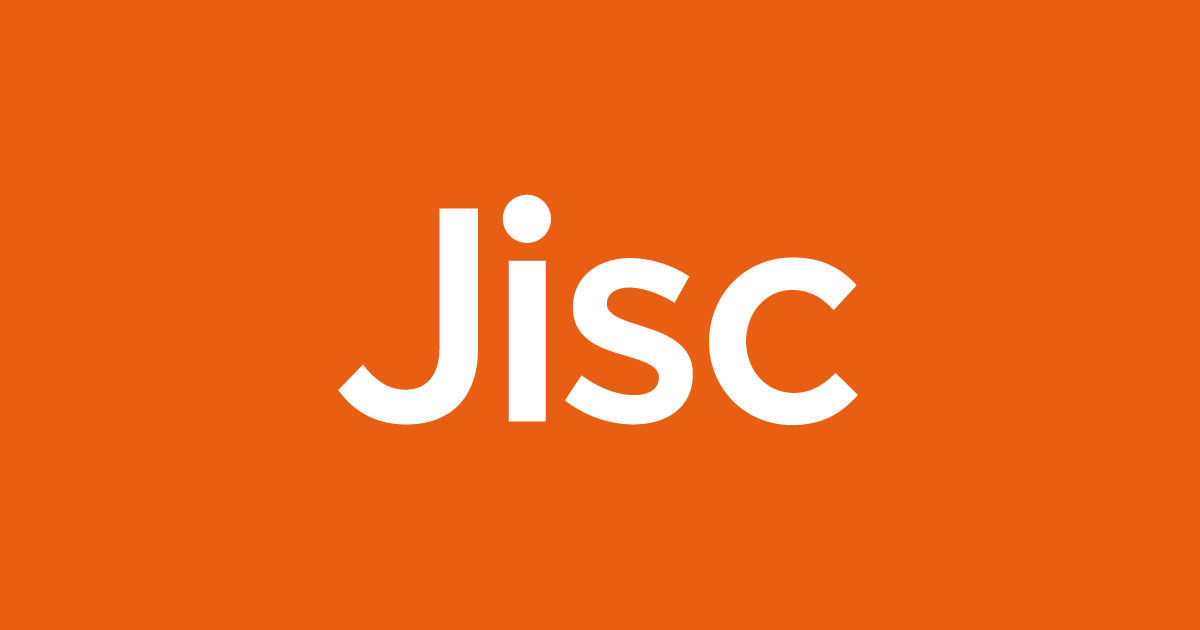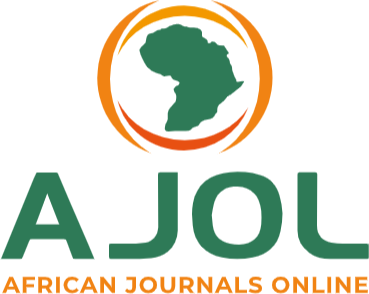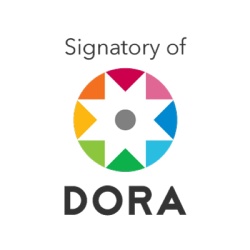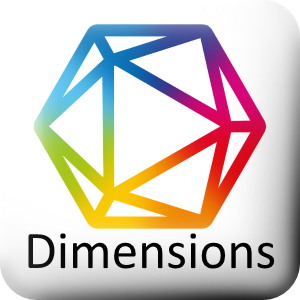Breakthrough information technology in the educational field
اختراق تكنولوجيا المعلومات المتطورة المجال التعليمي
Abstract
The aim of this paper is to study the appropriate strategies to activate the role of information technologies in the field of education and scientific research through adaptation and adaptation to modernity and the exploitation of advanced technologies that facilitate easy access to information and are available to all, at all times and with the least effort and the greatest benefit.
Where the key to the development and prosperity of each country is concerned with the field of higher education and scientific research, and the most important is the tendency to adopt a national policy in the field of information through the generalization of the use of information technologies in all sectors, especially higher education and scientific research such as the orientation towards distance and virtual education and virtual university, The Internet in research institutions, all of which are essential elements of the orientation of the information society
Downloads
References
- Arabic references in English:
Al-Touji, H. H. (1987). Wasā’il al-ittisāl wa al-tiknūlūjiyā fī al-taʿlīm [Communication and technology in education] (8th ed.). College of Arts and Education, Kuwait University.
Salem, B. M. Al-Kindi. (2014). Wāqiʿ istikhdām al-taqniyyāt al-taʿlīmīyah al-ḥadīthah wa al-ṣaʿūbāt allatī tūājihuhā b-madāris al-taʿlīm al-ʿām bi-Salṭanat ʿUmān [The reality of using modern educational technologies and the difficulties faced in public schools in Oman]. A study presented to the Directorate General of Education in North Eastern Region, Oman, Social Studies Department.
Salem, A. M. (2006). Al-taʿlīm al-jawāl Mobile: Ruʾyah jadīdah lil-taʿlīm b-istikhdām al-taqniyyāt al-lāsilkiyyah [Mobile learning: A new vision for learning using wireless technologies]. Paper presented at the 18th Scientific Conference of the Egyptian Association for Curriculum and Teaching Methods.
Faris, I. R. (2003). Al-taʿlīm al-iliktirūnī wāqiʿ wa ṭumūḥ [E-learning: Reality and ambition]. Paper presented at the E-learning Conference, King Faisal Schools, Riyadh.
Al-Hadi, M. (2005). Al-taʿlīm al-iliktirūnī ʿabr shabakat al-Internet [E-learning via the internet] (1st ed.). Dar Al-Masira, Cairo.
Qutait, G. (2009). Al-Ḥāsūb wa ṭuruq al-taʿlīm wa al-taqweem [Computers, teaching methods, and assessment] (1st ed.). Dar Al-Thaqafa, Amman.
Al-Hila, M. M. (2002). Tiknūlūjiyā al-taʿlīm min ajl tanmiyat al-tafkīr [Educational technology for developing thinking]. Dar Al-Masira, Amman.
UNESCO. (2009). Wathīqah taqniyyah raqm 2 dalīl li-mīyāz tajahīz al-taqniyyāt al-maʿlūmāt wa al-ittisālāt fī al-taʿlīm [Technical document no. 2: Guide to measuring information and communication technologies in education]. United Nations Educational, Scientific and Cultural Organization.
Al-Hussein, O. (2014, May 28). 10 Afkār rāʾiʿah li-istikhdām al-āyibād fī al-taʿlīm [10 great ideas for using iPads in education]. Retrieved from http://www.new-educ.com/enseigner-avec-ipad#more-3497.
Al-Telewati, R. (2014, May 13). 10 Afkār rāʾiʿah li-istikhdām al-āyibād fī al-taʿlīm [10 great ideas for using iPads in education]. Retrieved from http://www.new-educ.com/enseigner-avec-ipad#more-3497.
Saeed, S. A. R. (2013). Al-āyibād fī mīzān al-taʿlīm [iPads in the balance of education]. Retrieved from http://21smart-teacher.blogspot.com/2013/09/blog-post_2.html.

This work is licensed under a Creative Commons Attribution-NonCommercial 4.0 International License.





















